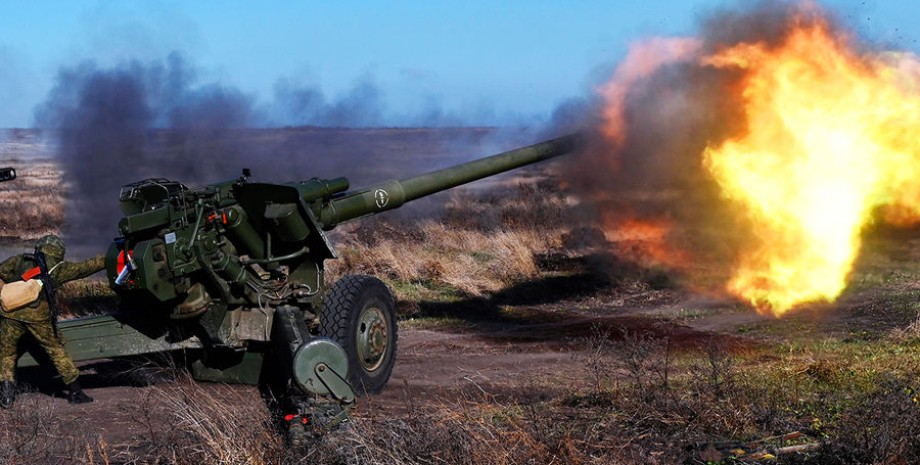
Despite the advantage of the Russian army in living power and technology, events on the line of combat shows that the Armed Forces of the Russian Federation becomes less effective. This opinion was reached by an American analyst and a military historian, a former Pentagon Trent Telenko employee. The expert in his publication is based on the theoretical law of Lanchester squares.
It is a mathematical model developed by Frederic Lanchester in the early twentieth century, which is used to analyze the relative strength and efficiency of two opposing armed forces. According to this model, says Telenko, the Ukrainian army becomes more effective over time, and on the contrary of the Russian Federation become worse in terms of combat capability.
"One of the realities of the Lanchester exhaustion model is that the victorious party becomes more effective with the accumulation of experience, and the losing party is less effective because exhaustion exceeds training and military production," the analyst writes. As an example, he cited the situation during the Second World War, when Japanese and German aviation lost its combat capability during long -term battles.
"Now we are beginning to notice many real evidence that Russian artillery goes the same way as Japanese and German aviation in World War II," Telenko emphasized. According to him, despite the widespread opinion that "in Russia artillery will never end," it does not mean that it will retain the preliminary efficiency in the effort spent and funds spent, as well as at the beginning of a full -scale invasion.
The same trend is also observed in air defense, as evidenced by the recent attack of Ukrainian drones on the Millervo airfield. It is the law of Lanchester squares that proves that Russian air defense is approaching collapse. As for the losses of the Armed Forces of the Russian Federation, then Telenko cites this pattern. According to the schedule, the first 100,000 invaders have lost in about 10 months of war, starting on February 24, 2022.
However, at a time distance, the next 100,000 Russians have lost in a shorter period, and so in growing. "The further right, the faster the next 100 thousand come," the expert explained. In conclusion, Telenko noted that even Western journalists recognized the fact that the loss of Russian armored vehicles exceeded their production, and the Soviet reserves of the Cold War were already over.










All rights reserved IN-Ukraine.info - 2022